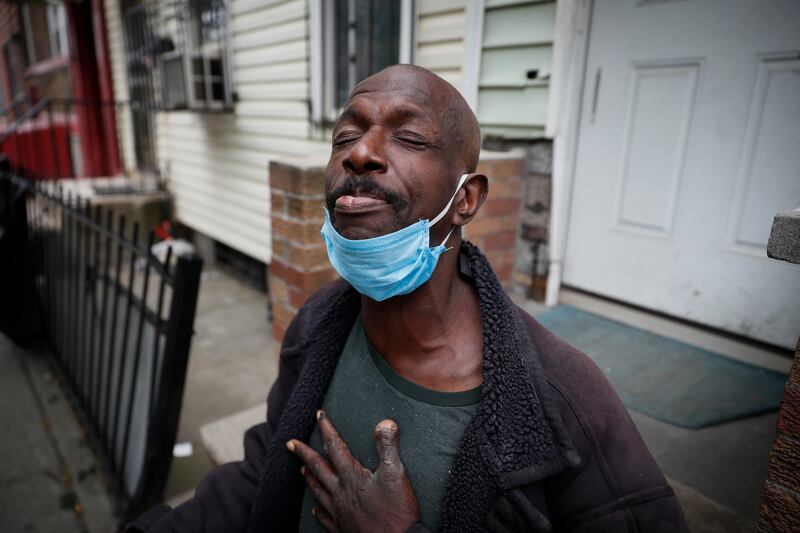Of all the emotions of the coronavirus pandemic, loneliness may be the most pervasive. It’s also one of the most dangerous.
Loneliness has the distinction of predating COVID-19 and surely outliving it once the virus gets under control. It’s a true health crisis, one whose symptoms are mostly hidden and whose cure won’t be devised in a lab. The country’s challenge should be to identify and quell isolation as COVID-19 rages while building habits that continue fighting solitude once the virus subsides.
The mental and physical impacts of loneliness are astounding. Among the findings of research produced by Brigham Young University is that chronic loneliness can be as dangerous as a pack-a-day smoking habit. It can shorten your life span by about five years. Researchers also found the quality of social relationships have as much an effect on mortality risk factors as tobacco, alcohol and obesity.
In other words, loneliness can kill you as well as any drug or health problem can.
And now the world has a healthy dose of what social disconnection feels like. We are ignorant of anyone who hasn’t had personal relationships uprooted or social routines disrupted. And some 176,000 Americans are acutely aware of the gaping hole left in life when a loved one dies of a deadly virus.
Even before the pandemic started, 3 in 5 Americans reported feeling lonely, according to surveys conducted by Cigna. Workplace relationships, some of the most social networks Americans have, have fizzled as employees work from home. Having a “best friend” at work, frequent communication and healthy company culture all contribute to less loneliness, greater satisfaction and better productivity. Still, floating heads on a Zoom call are a poor substitute for spontaneous water cooler conversation.
And while loneliness affects people of all generations, it’s the youngest who are particularly burdened. Nearly 80% of Generation Z says it feels lonely, and 71% of millennials feel the same.
How can people fight back?
It starts by reframing the emotion, researchers say. Like hunger, feelings of loneliness are just the mind’s way of saying it needs sustenance. “It’s this distressing, uncomfortable feeling that’s meant to motivate you to reconnect,” says Julianne Holt-Lunstad of BYU.
Next, researchers suggest planning how you will connect when isolation sets in. Write down a list of people you know you can contact for any reason, and give someone a buzz when you feel lonely. It’s also imperative to proactively look for ways to reach out to others you know who may be particularly vulnerable.
Service, too, can be an invaluable tool for getting out of your own head while helping another. Perhaps you can shop for an elderly neighbor or volunteer your talents on a neighborhood Facebook page.
This week, we invite all readers to do three simple things:
- Make a phone call to someone outside of your immediate family. While the tech-of-choice for the pandemic is video chat, a phone call uniquely places the participants in their own world rather than forcing them to look at poorly rendered mirror images of themselves.
- Handwrite a thank-you note or letter to someone who has helped you. Maybe it’s the postal worker who delivers your packages, or maybe it’s your third-grade teacher. Let someone know you appreciate them, and do it with old-fashioned flare.
- Look someone in the eye and give them a wave the next time you venture outside. Social distancing has forced people apart, perhaps also sending the message others should be avoided. Let someone know you acknowledge them as another human being.
Loneliness can be beat so long as the world is willing to connect, and a pandemic seems the perfect time to build those habits.

